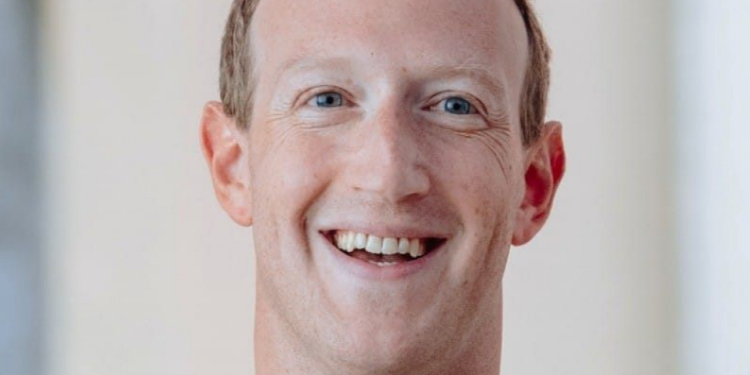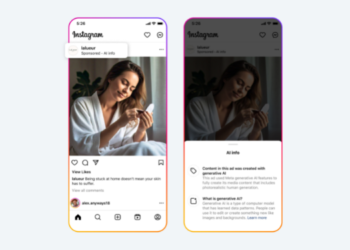Meta CEO Mark Zuckerberg has articulated an ambitious vision for the future of artificial intelligence (AI), highlighting the company’s increasing focus on integrating generative AI into daily life.
This vision includes the recent introduction of an AI assistant in Meta’s Ray Ban Stories glasses, signifying just the beginning of a broader integration of AI into various aspects of our lives.
In a recent post on Threads, Zuckerberg shared updates on Meta’s AI endeavors, underscoring the company’s commitment to developing general intelligence. This ambitious plan involves open-sourcing the technology responsibly and making it widely available for public benefit. Meta is set to ramp up its investment in hardware, building a massive technology stack that promises to surpass that of any other individual company.
The company’s AI research efforts, FAIR (Facebook AI Research) and GenAI, are being brought closer together to support this grand vision. Zuckerberg revealed that Meta is currently training its next-generation model, Llama 3, and is developing significant compute infrastructure to back its future AI roadmap.
This includes the deployment of 350,000 H100 GPUs by the end of the year, with an overall compute capacity equivalent to nearly 600,000 H100 GPUs when including other GPU types.
Zuckerberg also expressed excitement about Meta’s progress in creating new AI-centric computing devices, such as the Ray Ban Meta smart glasses. While specific details remain sparse, the CEO’s post suggests that more groundbreaking developments are on the horizon.
Mark Zuckerberg’s vision for Meta’s AI future is a testament to the company’s dedication to leading the AI revolution. By focusing on developing general intelligence and integrating it into everyday devices and experiences, Meta is positioning itself at the forefront of AI innovation. For the tech industry and consumers alike, this commitment signals a future where AI becomes an even more integral and accessible part of our daily lives.




















































